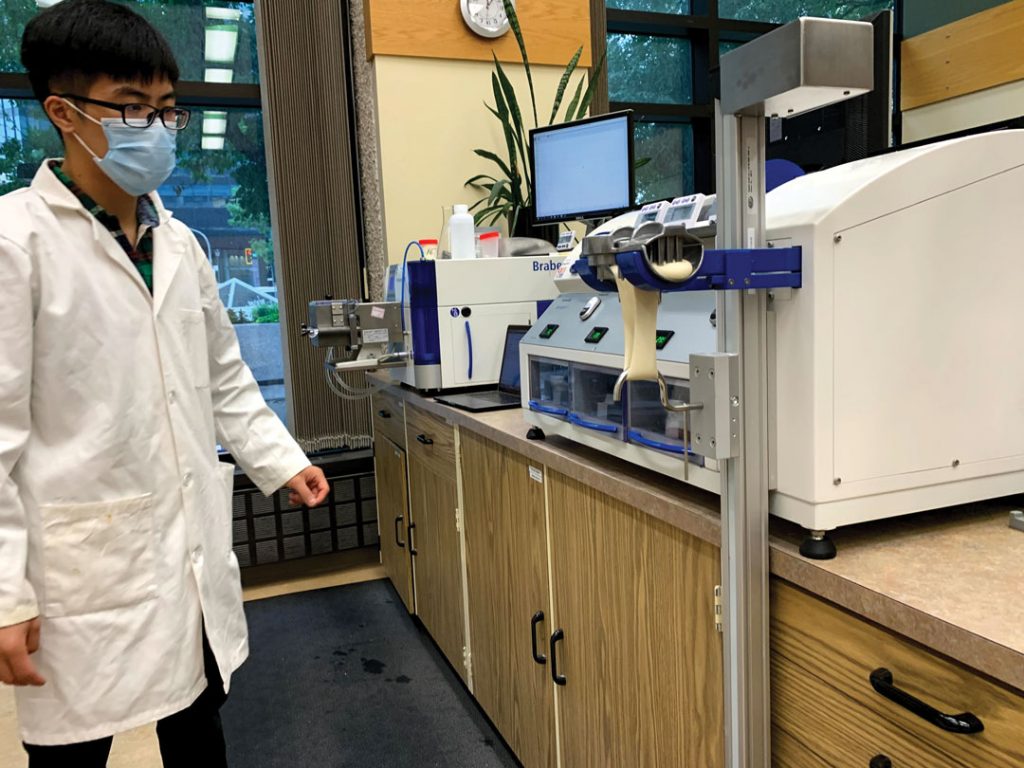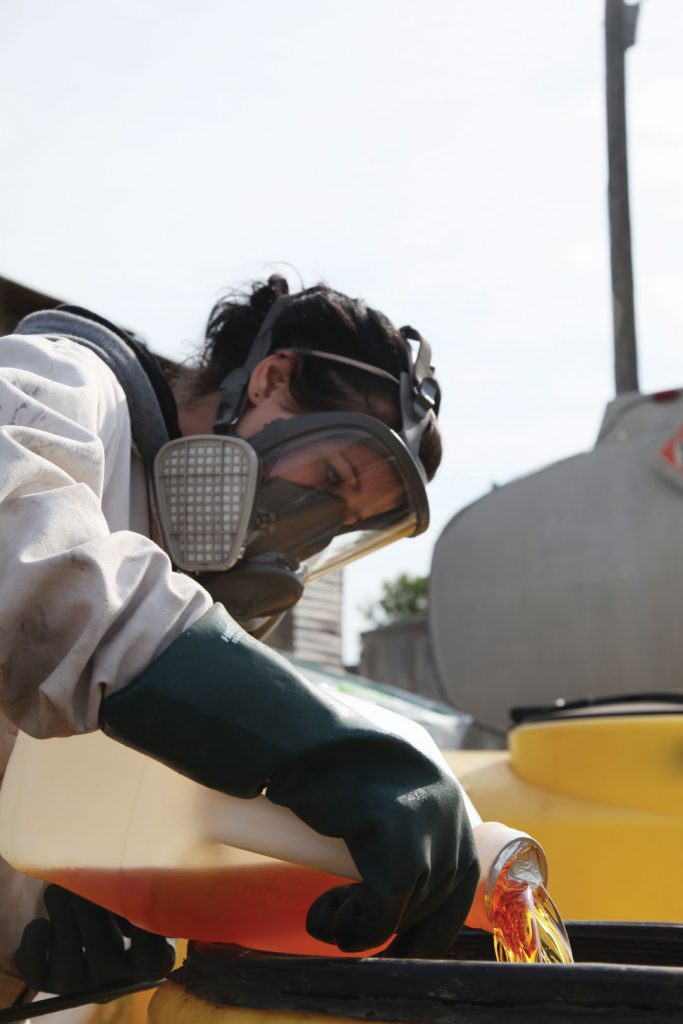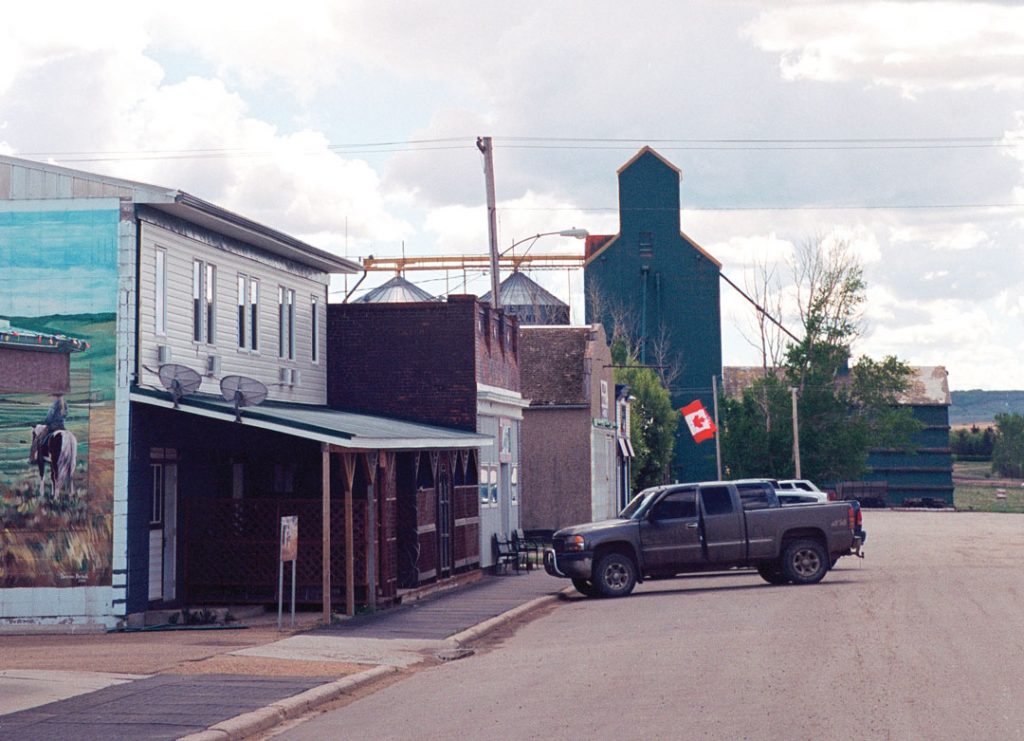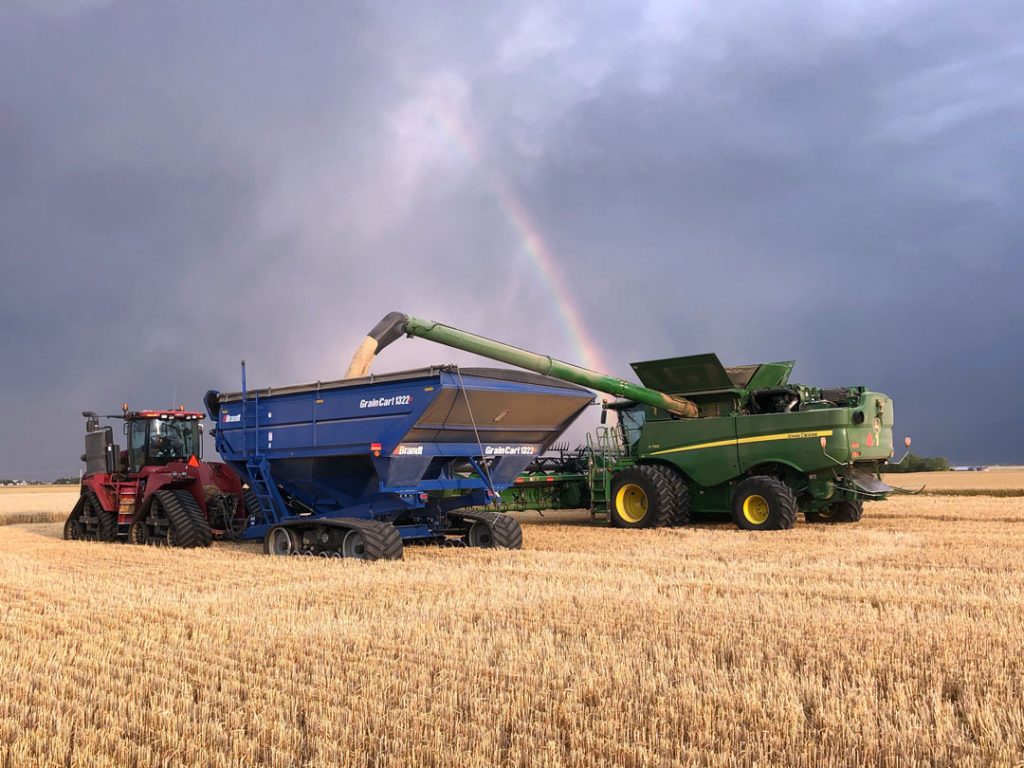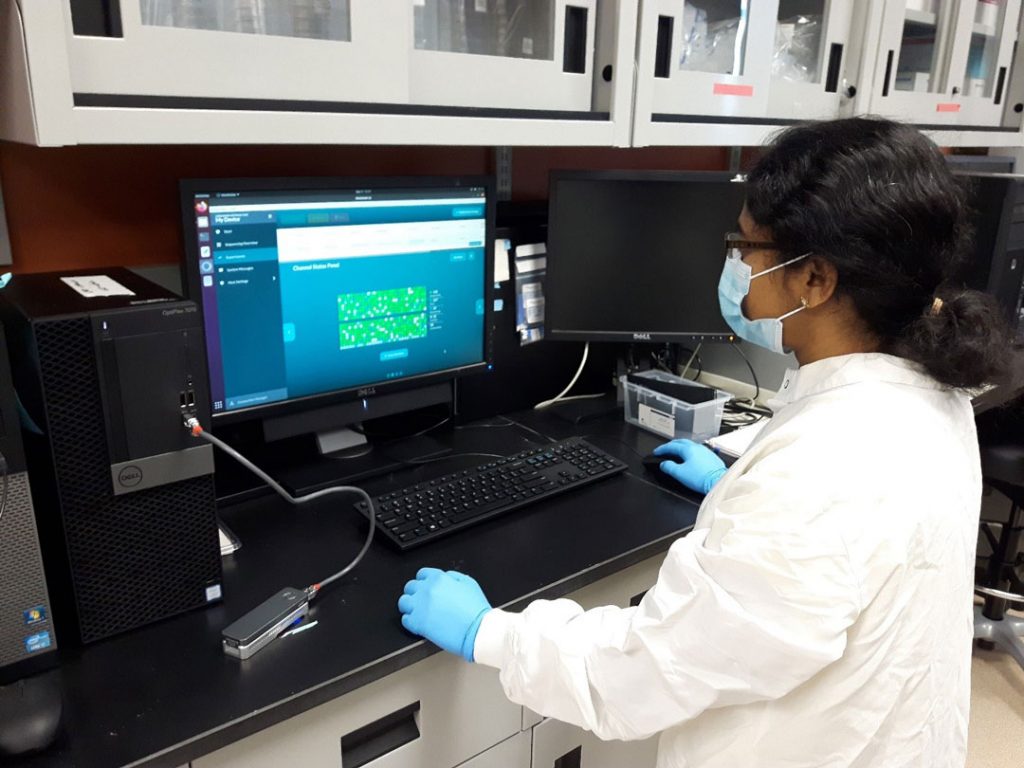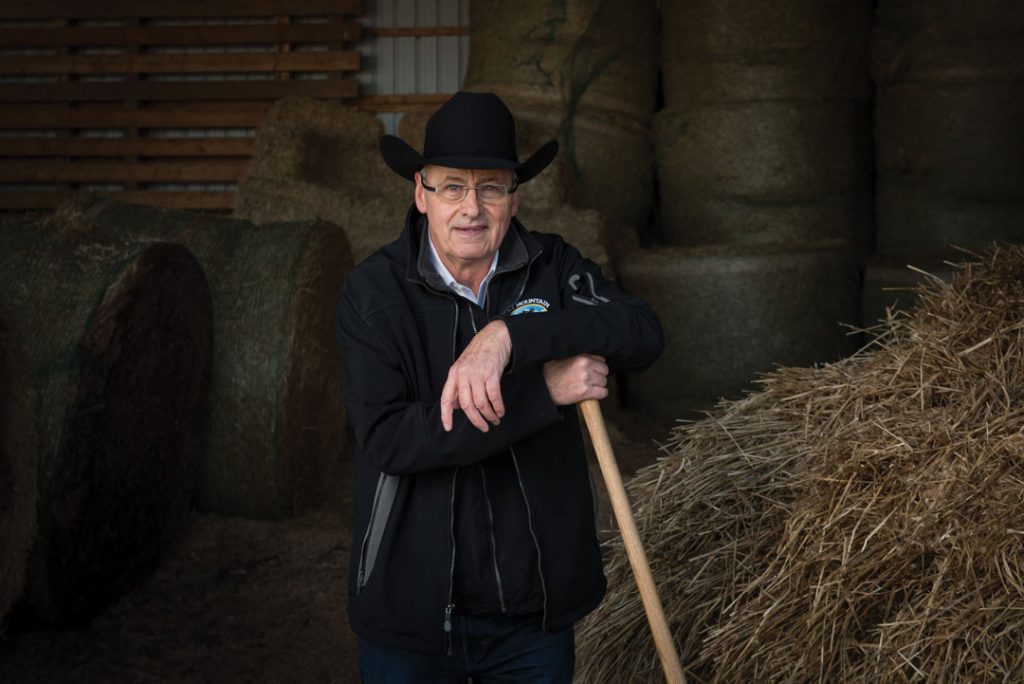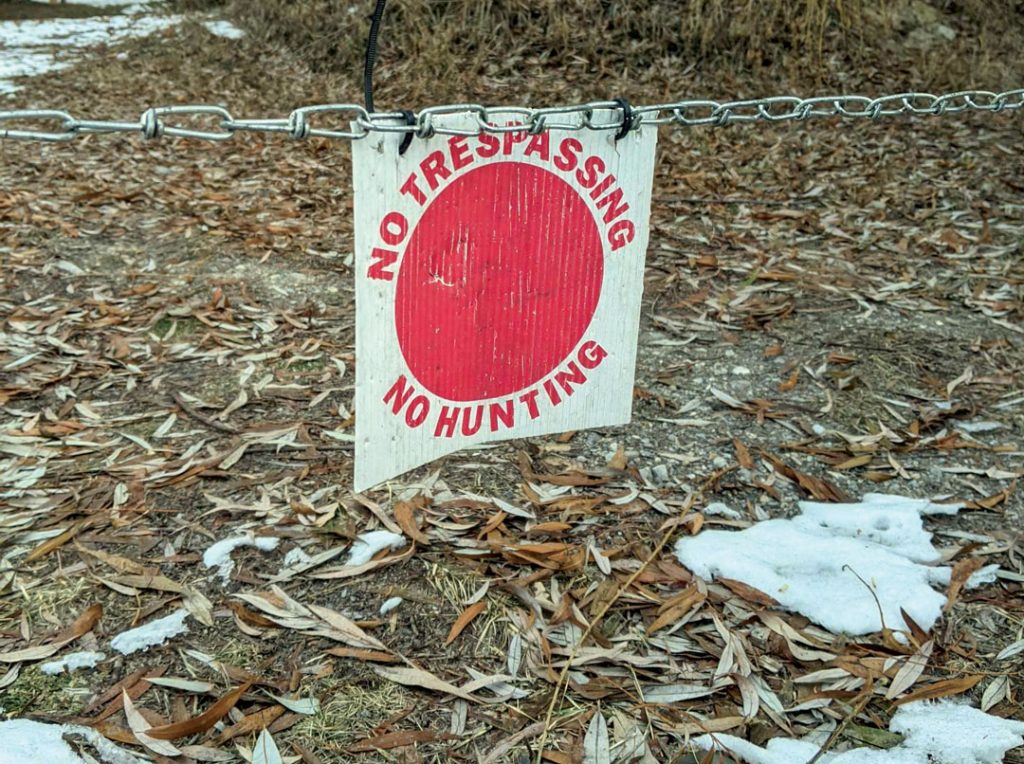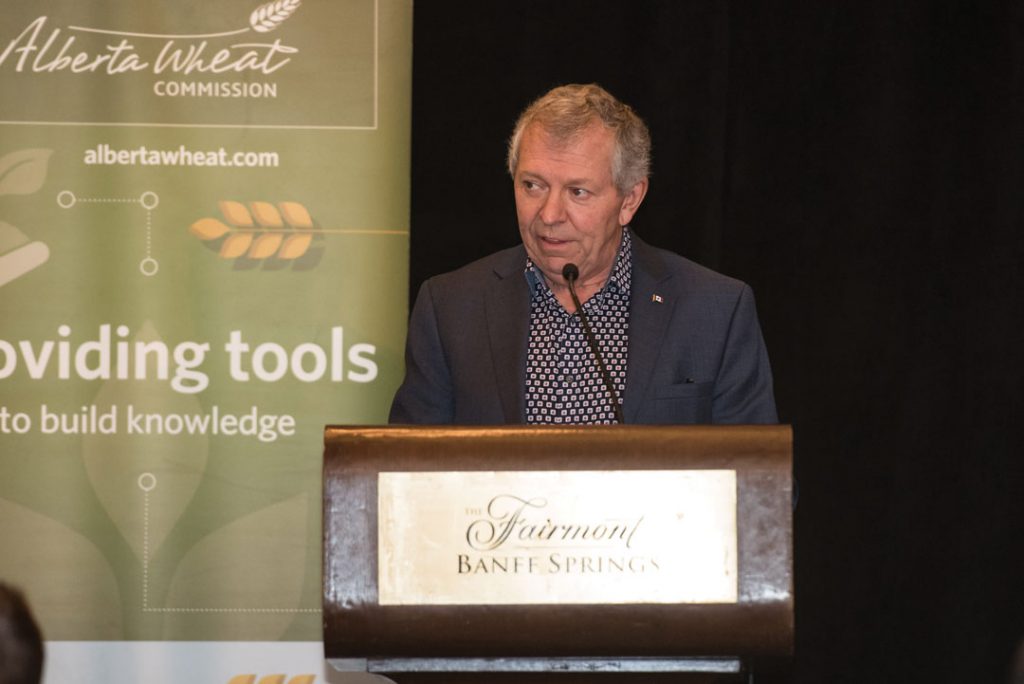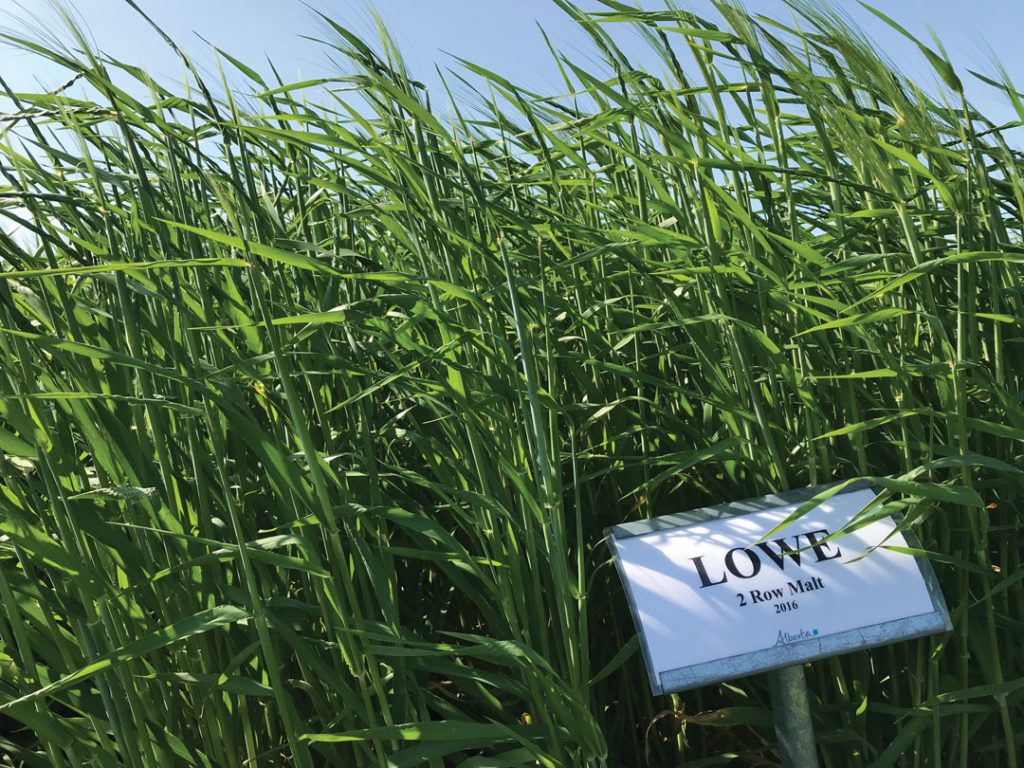LESS IS MORE
Led by University of Manitoba researcher Martin Scanlon, a nearly complete project aims to reduce the formation of potentially harmful acrylamide in wheat-based baked goods. This will be done through chemical analyses, bread quality evaluation and agronomic and genetic strategies. The project’s main objective is to maintain Canadian wheat markets by assuring customers the crop meets safety and functionality requirements.





